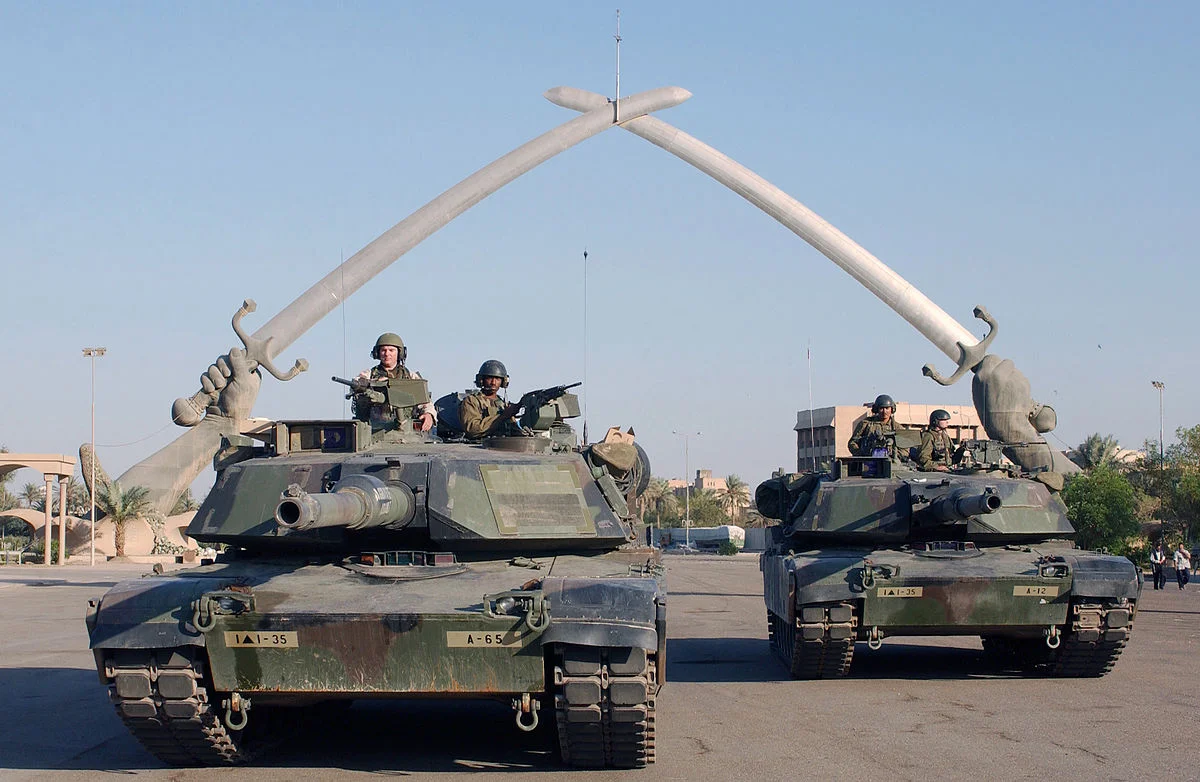The book’s title alone might suggest a more general history or analysis of the use of artillery in the Gulf War, but the book is primarily a wartime memoir framed by the experiences of a senior artilleryman whose perspectives were shaped in the Cold War’s final decade. As a memoir, Desert Redleg lands somewhere between the classic campaign and sentimental forms. In an appendix, the author dedicates a chapter to lessons of the war gleaned from a broader military and geo-political perspective.
#Reviewing Soldiers of End-Times: Assessing the Military Effectiveness of the Islamic State
Soldiers of End-Times: Assessing the Military Effectiveness of the Islamic State is a timely study of the effectiveness of the military tactics and strategy of the Islamic State (IS) from 2014 to 2019. Throughout his study, Levy examines how IS fought their form of an effective conventional war. In examining the effectiveness of IS military operations, Levy is one of the first to attempt to create a larger study on IS. Levy is restricted in his study by the novelty of his subject. The fall of IS is still very recent at the time of publication and many of the U.S. defense sources are still restricted to the general public.
Dissecting Strategic Decision Making: #Reviewing Leap of Faith
In theory, policy, and strategy are the product of extensive analysis, detailed cost-benefit calculations, and rational criteria for decision-making. In practice, good strategy development is also about compromise and consensus building, resolving problems, mitigating uncertainty and constraints, and steering downstream through the fluid dynamics of international and domestic politics.
Modern Tragedy: How the Sicilian Expedition and the Iraq Campaign Exhibit Strategic Effects
Thucydides, who authored the definitive account of the Peloponnesian War, started writing as soon as the conflict began, “...believing that it would be a great war, and more worthy of relation than any that had preceded it.” His account has also proved valuable for evaluating ensuing conflicts through to the present day. As Captain Alfred Thayer Mahan wrote, the Peloponnesian War showed that “strategic problems remain the same, though affected by tactical difficulties peculiar to each age.” The Athenian invasion of Sicily and the American experience in Iraq were not identical, but no two wars ever are. Instead, we must look at the overarching effects the military campaigns had on political objectives.
Typos on the Skin of Men: The Coalition Provisional Authority in Iraq
Given their worldview and resources, the Coalition Provisional Authority did about as well as one could hope. But the next time the United States finds itself in the nation-building business, our policies should be guided less by ideology, and more by humility, historical understanding, and simple respect for the dignity of our foreign partners.
#Reviewing Lifting the Fog of Peace
When discussing the struggles of the U.S. military in the early years of the Iraq War, Davidson uses the phrase “adapting without winning,” a formulation that surely continues to accurately describe the American experience of the post-9/11 wars. Despite the optimistic characterizations on the dust jacket that frame this book as a manual for how to succeed at counterinsurgency, though, Lifting the Fog of Peace sounds a note of caution about the gap between tactical adaptation and strategic success, even as it lauds the U.S. military for the evolution of its lesson-learning apparatus.
Reflections on Airpower: Offensive Strike
As the Islamic State advance was brought to a stop, coalition aircraft were free to attack the enemy from their front line positions to deep behind into the territory they held. The uncontested hold of the air provides us the ability to target and destroy the support network that keeps the self-declared caliphate fully functioning. From Mosul to Raqqa, the destruction of logistic depots, training camps, communication facilities and financial complexes, in addition to the destruction of their fighting units in direct contact with friendly forces, applies pressure on every aspect of the organization.








